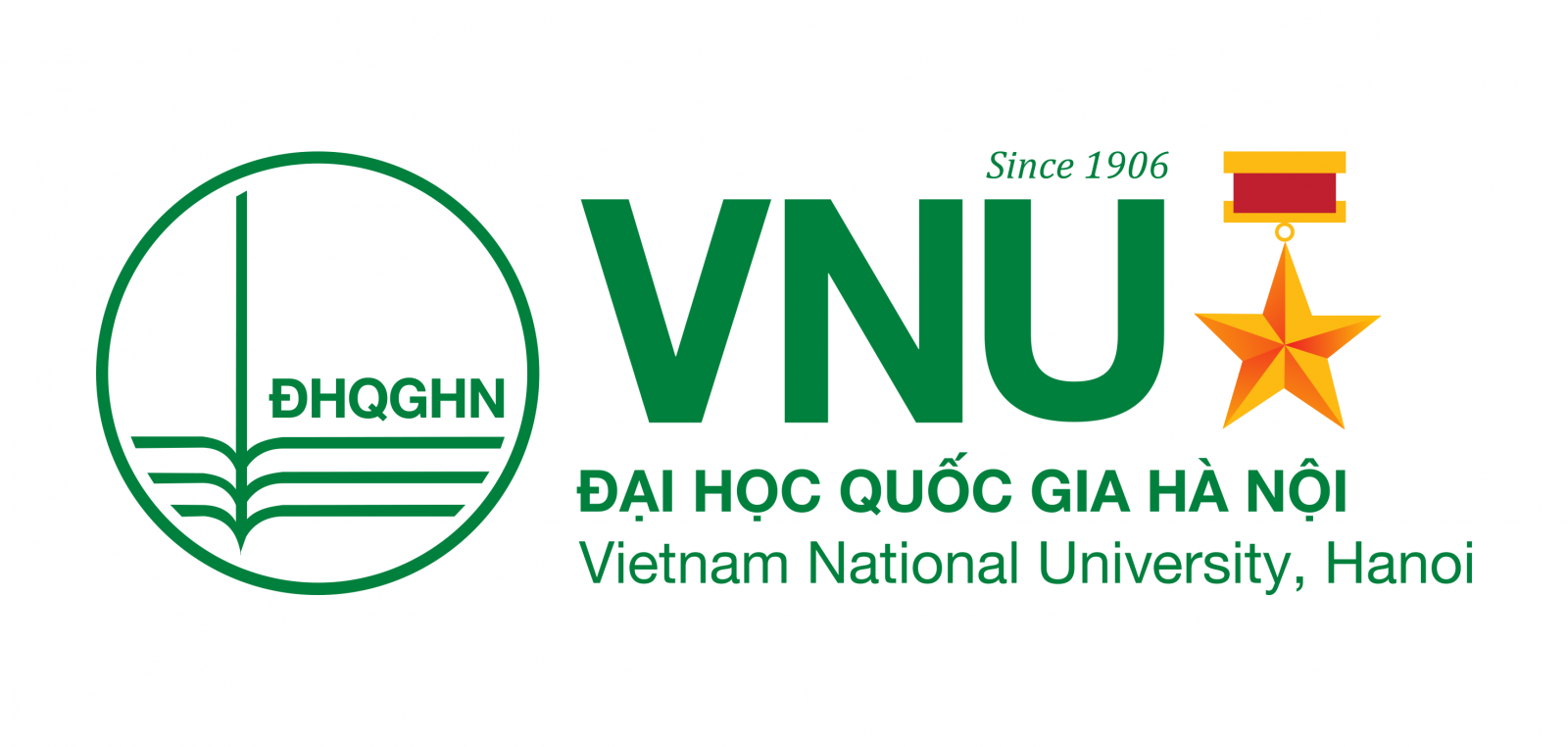
OBID TURSUNOV
Biography
Prof. Dr. Obid Tursunov has been working as a leading international expert scholar in several institutions based in different countries (Malaysia, China, Poland, Russia, Uzbekistan, etc.). He specializes in Environmental Biotechnology and Bioenergetics, focusing on the thermo-chemical-catalytic conversion of renewable sources into value-added energy products. As well as, he has a comprehensive research experience in multidisciplinary research (e.g. green and nanochemistry, catalytic science, reaction kinetics, materials synthesis, biomass energy, waste treatment and utilization, CO2 and VOCs recycling etc.). He is an author and co-author of numerous scientific papers, book chapters, and brief articles published in well-known peer-reviewed journals and magazines. He has also disseminated the output of his scientific research achievements and findings at more than 35 international forums (e.g. in Austria, USA, Spain, Myanmar, Poland, Hungary, Germany, Portugal, etc.). Currently, Prof. Obid Tursunov serves as a professor of the Department of Power Supply and Renewable Energy Sources, Tashkent Institute of Irrigation and Agricultural Mechanization Engineers in Tashkent, Uzbekistan.
As the world enters the third decade of the 21st century, humanity is simultaneously confronting two megatrends that will define its future: digital transformation and green transformation. Digital transformation (DX) refers to the accelerated integration of information and communication technologies (ICT), such as artificial intelligence (AI), big data analytics, Internet of Things (IoT), and blockchain, into all sectors of economic and social life. In parallel, green transformation (GX) encompasses the systemic transition towards sustainable development by reducing greenhouse gas emissions, improving energy and resource efficiency, and fostering ecological resilience.
Although initially conceived as separate trajectories, these two processes are increasingly recognized as mutually reinforcing. On one hand, digital technologies offer powerful tools to monitor, optimize, and decarbonize economic activities. On the other hand, the goals of green transformation provide normative direction for the application and governance of digital innovations. Therefore, integrating DX and GX forms the core of the "twin transition," a paradigm that simultaneously seeks to achieve environmental sustainability and technological modernization.
Scientific and practical importance
The convergence between digital and green transformation has profound implications for science and policy. Digital technologies can enable real-time emissions monitoring, enhance circular economy logistics through blockchain-based traceability, and optimize energy consumption using machine learning algorithms. In agriculture, precision farming systems leverage satellite data and IoT sensors to reduce water and pesticide use. In energy, smart grids balance supply and demand across decentralized renewable sources. In manufacturing, Industry 4.0 technologies facilitate low-waste, energy-efficient production.
At the same time, these digital applications are not neutral. They raise important questions about data ethics, technological inclusivity, cybersecurity, and the environmental footprint of digital infrastructure itself (e.g., energy use of data centers and e-waste generation). Therefore, a sustainable digital transition must be embedded within broader ecological and social frameworks. This requires a multidimensional research agenda that spans environmental sciences, computer science, economics, and public policy.
Vietnam's context: Opportunities and challenges
Vietnam stands at a critical juncture where digital transformation is advancing rapidly across key sectors, supported by strong government commitment (e.g., National Digital Transformation Program to 2025, Vision to 2030), a vibrant startup ecosystem, and growing digital literacy among its population. Simultaneously, the country has pledged to achieve net-zero emissions by 2050, aligning with global efforts under the Paris Agreement.
The integration of digital tools into the green transition in Vietnam is not merely an option but a strategic necessity. However, significant challenges remain:
- Fragmented policy frameworks that separate environmental governance from digital governance;
- Uneven access to digital infrastructure, especially in rural and mountainous regions;
- Lack of standardized metrics for evaluating the ecological impact of digital technologies;
- Limited institutional capacity to manage complex digital-green systems.
To address these challenges, Vietnam requires interdisciplinary policy innovation, coordinated governance across ministries, and international cooperation to adopt and localize best practices in green-digital integration.
Aims of the Session
Session 2 of the international conference “Green Transformation in the Context of Global Change 2024” explores the digital-green nexus’s scientific foundations and practical applications. The session brings together researchers, practitioners, and policymakers to:
- Examine state-of-the-art research and case studies on digital solutions for environmental management.
- Discuss frameworks for measuring and governing the environmental impacts of digital transformation.
- Identify institutional, technical, and socio-cultural barriers to twin transition in the Vietnamese context.
- Propose research agendas and policy pathways for integrated green-digital development.
Topics covered include smart agriculture, low-carbon digital infrastructure, e-governance for environmental regulation, green finance via fintech, and digital platforms for participatory ecological decision-making.
Significance and contribution
This session contributes to the growing body of interdisciplinary scholarship on twin transition by situating Vietnam within global debates while addressing its unique conditions. It seeks to bridge the gap between technological innovation and ecological sustainability, offering scientifically grounded insights that inform national development planning and international cooperation.
Ultimately, by fostering dialogue and collaboration, this session aims to catalyze a new development paradigm-one where green and digital transitions are not parallel processes, but deeply interwoven pathways toward a resilient, inclusive, and sustainable future.


